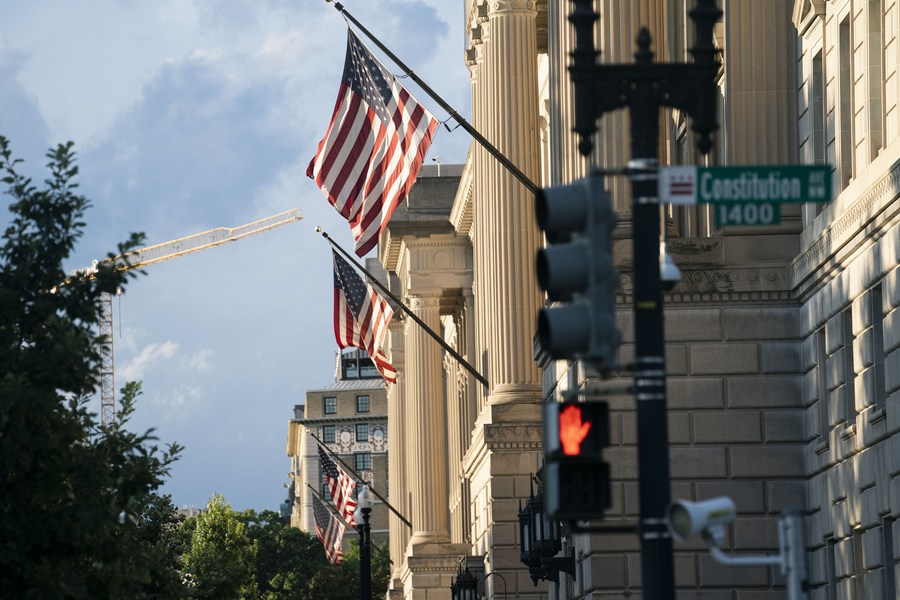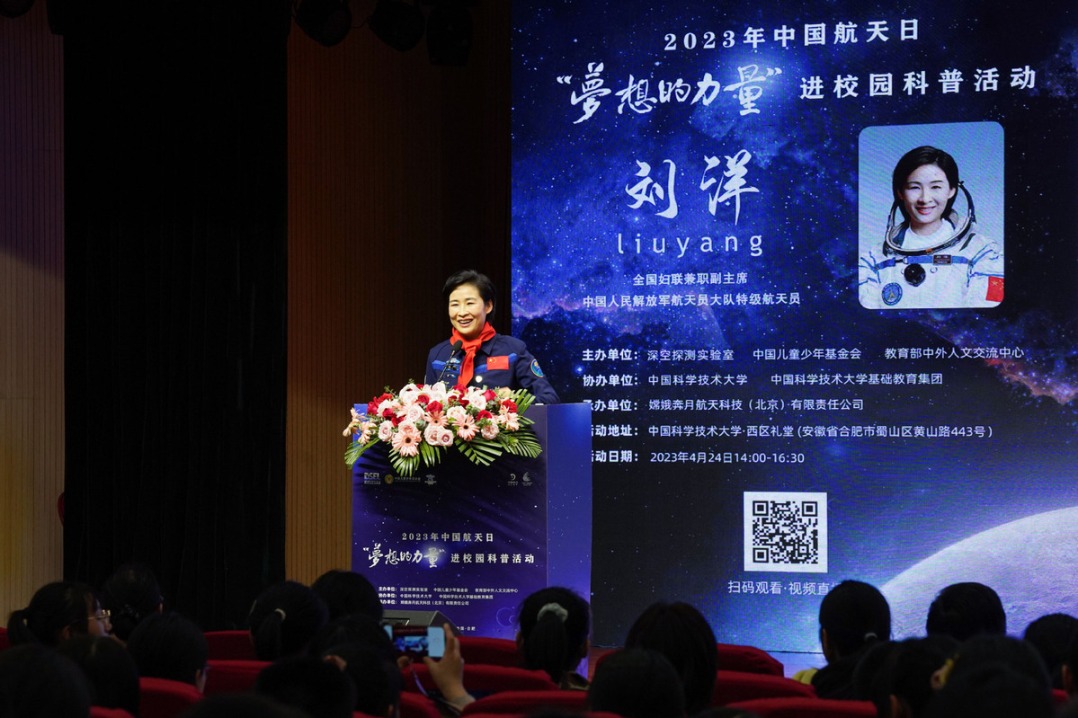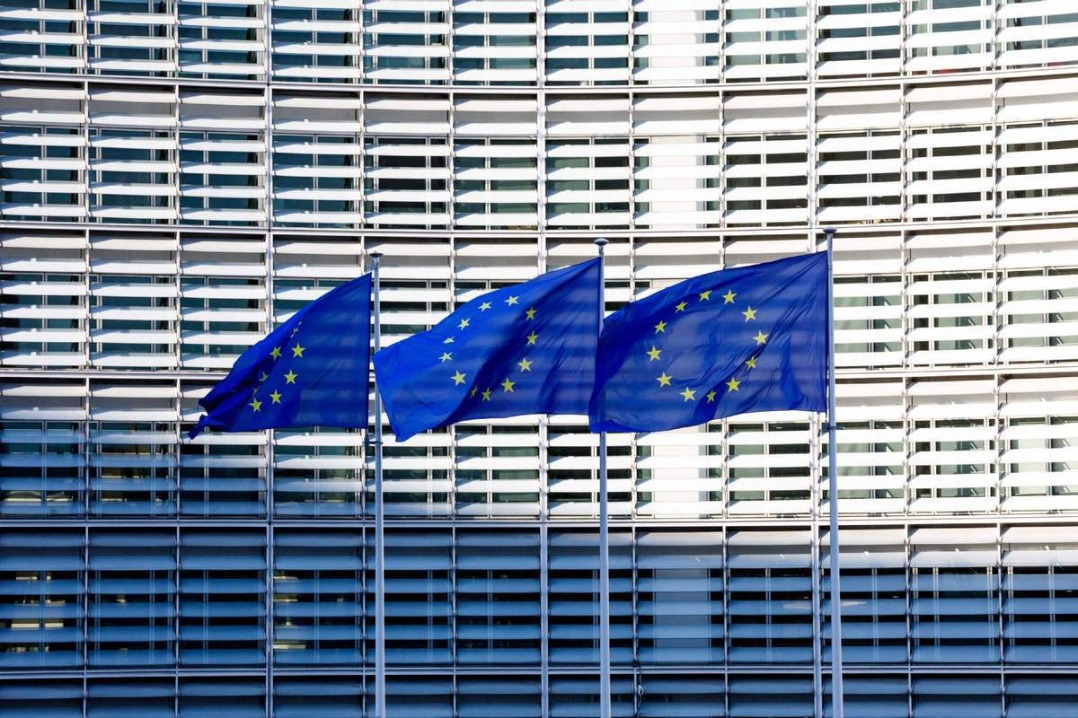US dollar losing its attraction and global status


The Russia-Ukraine conflict, apart from causing energy and food crises, has also triggered the largest de-dollarization wave since the 2008 global financial crisis. And although Russia is leading the de-dollarization drive to offset the effects of the US-led West's financial sanctions against Russia, many other countries have also intensified their de-dollarization efforts due to growing concerns over the dollar's weaponization by the United States.
That the US Federal Reserve raised its benchmark interest rate by 75 basis points on Sept 21 — the fifth rate hike and the third by 75 basis points this year — without thinking about its consequences on other countries is yet another proof the US is using its currency as a weapon. With the Fed once again aggressively hiking rates, developing economies risk "losing a decade" just as Latin American countries did after being forced into a debt crisis by the US' drastic rate hikes in the late 1970s.
Due to the rise of China and other emerging economies, as well as the growth of the European Union and the fast-changing international situation, the US is finding it difficult to maintain its status as world leader. And even the once dependable US economy has been foundering, reducing the importance of the dollar.
Only after winning other countries' trust can a country's currency become the leading global currency. That's why in the past, even when the dollar's value fluctuated wildly or rose drastically, most countries believed the US would fix the problem. Not anymore.
But for many years now many countries have been losing trust in the dollar, because the US has not only messed up international issues but also failed to solve its domestic problems, which has made other countries realize that Washington has lost its ability to fix problems.
This perception, too, has prompted some countries to accelerate their de-dollarization drive.
Since the US is a leading economic and financial power, big companies from around the world flock to its stock market to raise capital, further enlarging its financial pie. But by using both the dollar and the financial market as a weapon, the administration has driven many Chinese companies out of the US stock market, which ironically has undermined the US' financial leadership and the dollar's global status.
However, the fact that attempts have also been made in the past to de-dollarize the global economy suggests it is difficult to change the global status of the dollar. And, as former US secretary of state Henry Kissinger said "who controls money controls the world."
Besides, the US will not sit idle when another currency threatens the dollar's hegemony. In fact, the US has been doing its utmost to maintain the dollar's supremacy.
Take for example the fact that following the 2008 global financial crisis, the Fed struck a temporary dollar swap deal with the central banks of the European Union, Japan, the United Kingdom, Canada and Switzerland, to help foreign banks to overcome the short-term dollar shortage and appropriately respond to the crisis. But instead of scrapping the short-term swap deal, the US turned it into a permanent arrangement under which the Fed could supply dollar bills to the five central banks at any time.
The US move is to ensure the dollar continues to play the pivotal role in the global financial markets and consolidate the greenback's status as the "lender of last resort".
In the past, other countries didn't make greater efforts to de-dollarize their economies because they feared their economic sufferings would increase if the dollar weakened any further. And even after realizing the US uses the dollar to maintain its financial hegemony, many countries feared the country whose currency replaces the dollar as the global reserve currency would start behaving like the US.
But now that countries and investors have started selling or swapping their dollar assets for assets in other currencies, the chances of the dollar depreciating and other currencies appreciating have grown.
However, a number of issues need to be addressed to develop a global reserve currency to rival or replace the US dollar, including building a strong credit backstop to increase that currency's usage and liquidity.
The latest wave of de-dollarization has made the trend of the global monetary system clearer. And only if most of the countries in the world recognize a currency as being capable of replacing the dollar, should it be accepted as the new global reserve currency.
The author is the dean of Hainan University Belt and Road Research Institute.
The views don't necessarily reflect those of China Daily.
If you have a specific expertise, or would like to share your thought about our stories, then send us your writings at opinion@chinadaily.com.cn, and comment@chinadaily.com.cn.


































